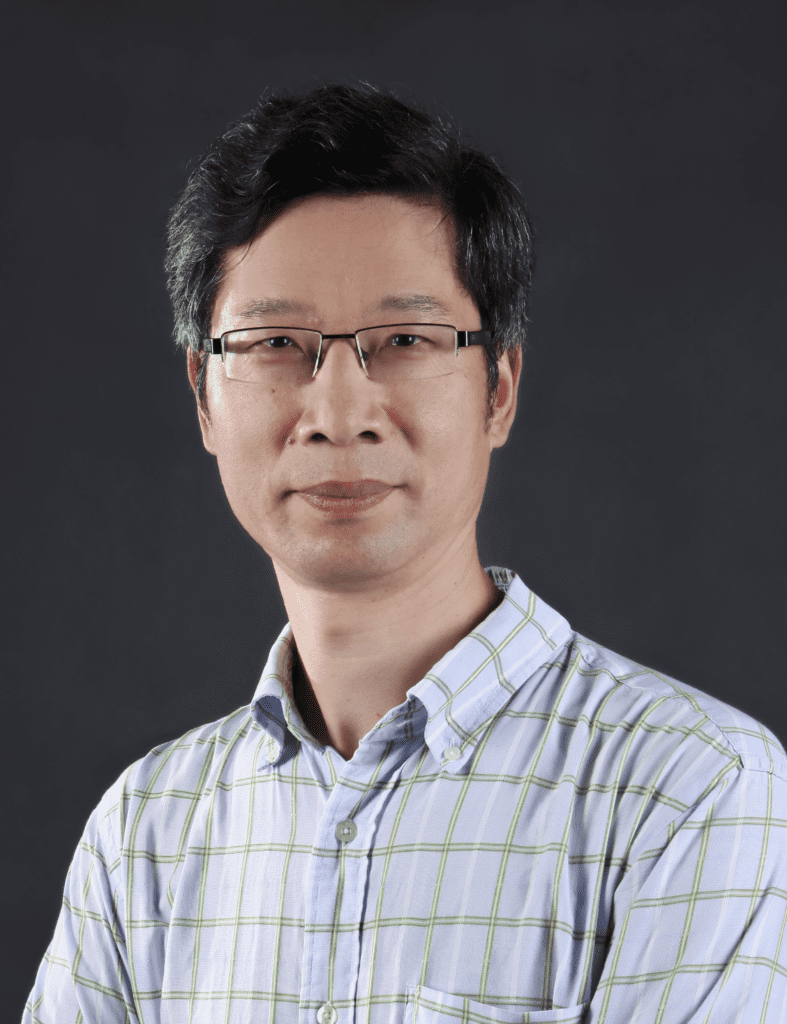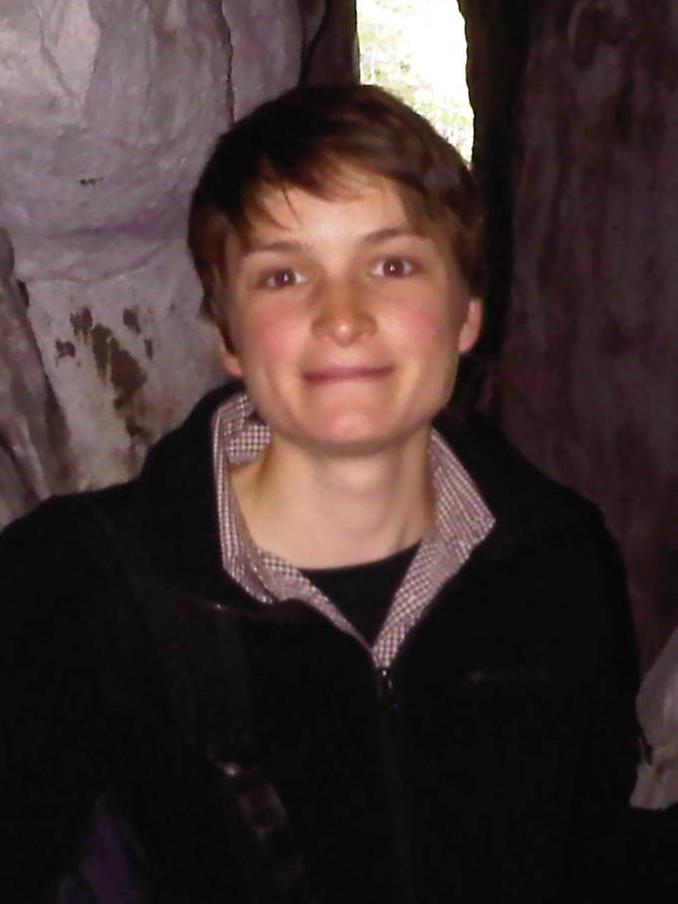Organised by the IEEE Computational Intelligence Society Students Activities Sub-Committee
Activity Aim & Talks
In this virtual activity, three speakers will share their experience and suggestions of writing research papers and grant proposals, followed by Q&A.
Talk: How to Write Research Papers?
Speaker: Prof. Xin Yao, Southern University of Science and Technology, China.
Abstract: The title of this talk is a question that is impssible to answer correctly. In fact, it is not even an appropriate question to ask in the first place. Unfortunately, I am stuck with this title because I am incapable of coming up with a better one. In this talk, I will first explain why this is not an ideal question to ask. Then I will share some of my own experiences of doing research and reporting research outcomes. Some of these experiences have taught me what not to do, in addition to what I should have done. Finally, a few random remarks will be made.
Talk: Securing Research Funding, for PhD students and Post Docs
Speakers: Prof. Carola Doerr and Dr. Martin Krejca, Sorbonne Université, CNRS, LIP6, Paris, France.
Abstract: Almost every researcher needs to apply for research funding at some point in their career. In this presentation, we will 1) provide an overview of major grant types for PhD and PostDoc positions, for research visits, and conference attendance, 2) discuss best practices for contacting potential hosts, and 3) share best practices for how to write a good grant proposal. The presentation will have a strong focus on European funding schemes, but we will do our best to collect and to make available relevant information for funding opportunities for other regions. Such a list will be linked from the homepage of Carola, available at https://webia.lip6.fr/~doerr/.
Activity Co-chairs
Dr. Jialin Liu, Southern University of Science and Technology, China.
Dr. Chao Qian, Nanjing University, China.
Dr. Harith AI-Sahaf, Victoria University of Wellington, New Zealand.
Meet the Speakers


Xin Yao is a Chair Professor of Computer Science at the Southern University of Science and Technology, Shenzhen, China, and a part-time professor at the University of Birmingham, UK. His major research interests include evolutionary computation, ensemble learning and search-based software engineering. He is an IEEE fellow, a former (2014-15) president of IEEE Computational Intelligence Society and a former (20003-08) Editor-in-Chief of IEEE Transactions on Evolutionary Computation. His research work won the 2001 IEEE Donald G. Fink Prize Paper Award, 2010, 2016 and 2017 IEEE Transactions on Evolutionary Computation Outstanding Paper Awards, 2010 BT Gordon Radley Award for Best Author of Innovation (Finalist), 2011 IEEE Transactions on Neural Networks Outstanding Paper Award, and other best paper awards. He received a Royal Society Wolfson Research Merit Award in 2012, the IEEE CIS Evolutionary Computation Pioneer Award in 2013, and the 2020 IEEE Frank Rosenblatt Award

Carola Doerr, formerly Winzen, is a permanent CNRS researcher at Sorbonne University in Paris, France. Carola obtained her habilitation from Sorbonne University in 2020, her PhD from Saarland University and the Max Planck Institute for Informatics in 2011, and her diploma in Mathematics from Kiel University in 2007. Prior to her current position she was a PostDoc at Université de Paris, funded through a fellowship of the Alexander von Humboldt foundation. Carola’s main research activities are in the analysis of black-box optimization algorithms, both by mathematical and by empirical means.

Martin Krejca received a B.Sc. and M.Sc. from the University of Jena, Germany, and a PhD from the University of Potsdam, Germany. Currently, he is a postdoc at Sorbonne University, funded by the prestigious Paris Region Fellowship Programme. He is experienced in receiving PhD and travel scholarships, and he also co-authored a successful application to the German Research Foundation. His research interests involve the theoretical analysis of randomized processes, especially randomized search heuristics.